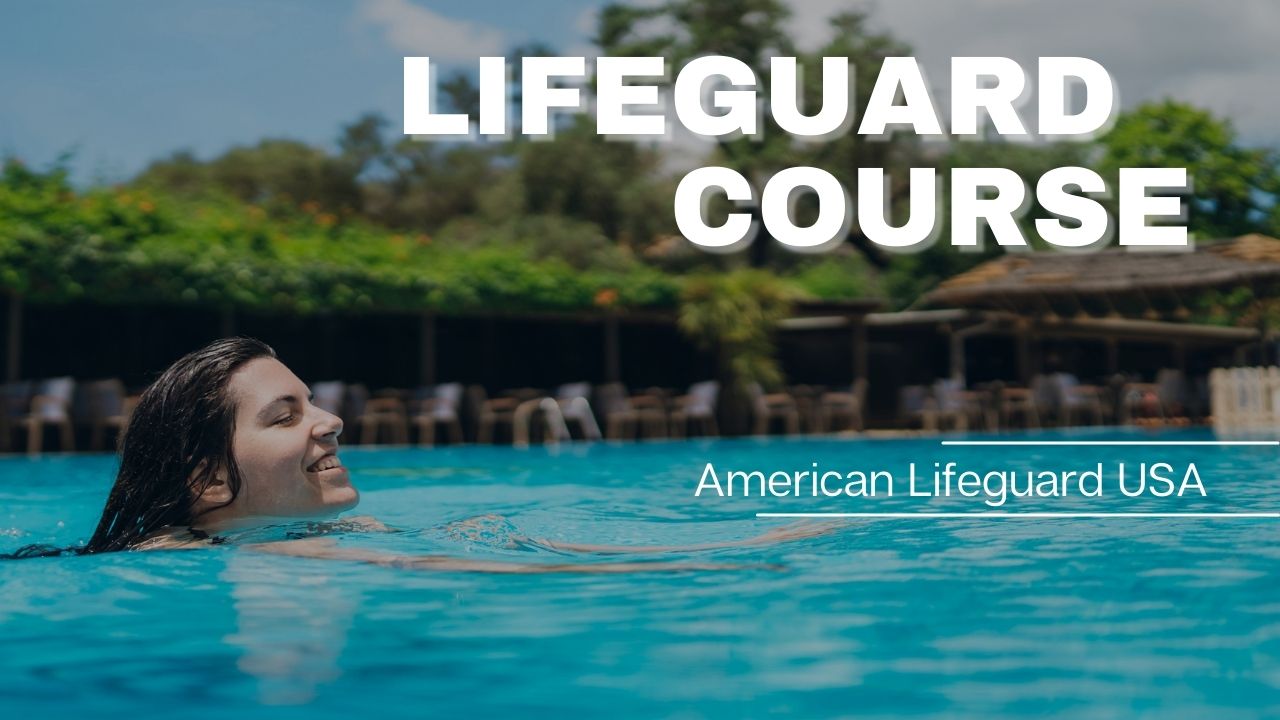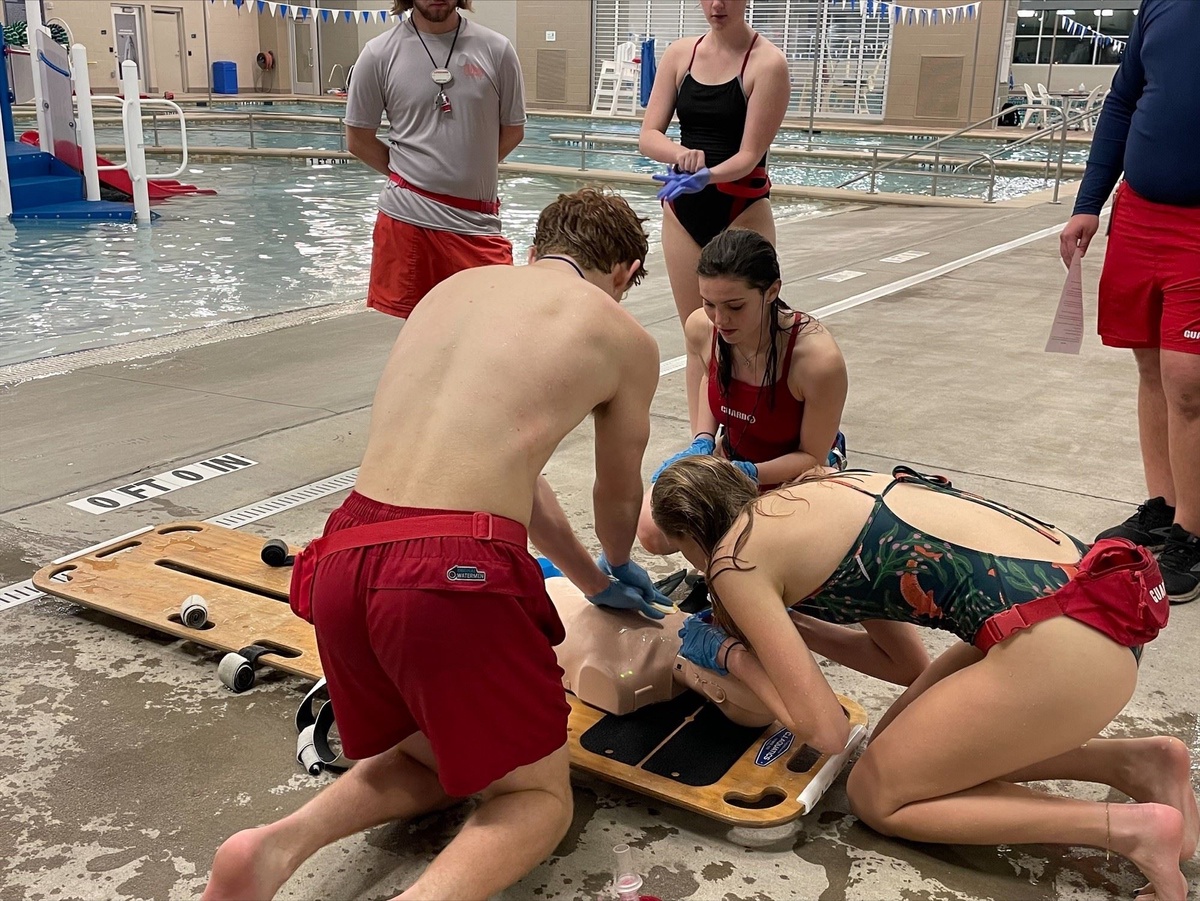
Lifeguards are unsung heroes who play a crucial role in ensuring the safety of individuals at swimming pools, beaches, water parks, and other aquatic facilities. The ability to respond swiftly and effectively in emergencies can make the difference between life and death.
While lifeguarding is typically associated with teenagers working summer jobs, the skills and knowledge acquired through a lifeguard course are valuable to a broader audience. In this article, we will explore who can benefit from a lifeguard course and why these skills are essential.
Aspiring Lifeguards
The most obvious beneficiaries of a lifeguard course are individuals who wish to pursue a career as a lifeguard. Many young adults and teenagers consider lifeguarding as their first job, often during the summer months.
A lifeguard course equips them with the necessary skills, such as water rescue techniques, first aid, CPR, and AED usage, to ensure they can perform their duties effectively and responsibly.
Parents
Parents are responsible for the safety of their children in and around water. A lifeguard course can provide them with essential knowledge and skills to be better prepared to protect their children and other family members while at the pool or beach. Understanding water safety, recognizing the signs of distress, and knowing how to respond in emergencies can make a significant difference.
Swimmers
Swimming is a popular recreational activity, and many people spend time in the water. While lifeguards are typically present at public pools and beaches, not all swimming activities occur in these monitored areas. A lifeguard course can empower swimmers with essential water safety skills and knowledge, allowing them to respond to potential emergencies when lifeguards are not around.
Coaches and Instructors
Coaches and swimming instructors can benefit from lifeguard training as they often work in or near water with individuals of all ages and skill levels. Knowing how to react in emergencies and providing a safe environment for training is essential for their role. Lifeguard courses can enhance their preparedness for unexpected incidents.
Camp Counselors
Summer camps often include activities like swimming, canoeing, and other water-related events. Camp counselors can significantly benefit from lifeguard training to ensure the safety of campers during these activities. Being prepared for water emergencies can help create a fun and safe camp environment.
Boaters and Kayakers
Boaters and kayakers spend a considerable amount of time on the water, and it's crucial for them to know how to respond in case of emergencies, such as capsizing or someone falling overboard. A lifeguard course can teach them valuable skills like water rescue and first aid, making their boating experiences safer for all involved.
Lifelong Learners
Lifeguard courses are not just for those seeking a career in lifeguarding; they are valuable for anyone interested in acquiring life-saving skills. Lifelong learners, in particular, can find lifeguard courses to be an excellent way to expand their knowledge and become more competent in responding to emergencies.
Fitness Enthusiasts
Water-based fitness activities such as water aerobics, swimming, and water polo are popular among fitness enthusiasts. These activities often take place in water, and participants can benefit from lifeguard training to improve their water safety awareness and the ability to assist others in distress.
Why Lifeguard Courses Are Essential
Lifeguard courses offer numerous benefits, making them essential for a wide range of individuals. Here are some of the reasons why taking a lifeguard course is crucial:
Water Safety: Lifeguard courses teach participants about water safety, helping them understand the potential risks and how to mitigate them.
Rescue Skills: Participants learn essential rescue techniques, enabling them to respond effectively in various water-related emergencies.
First Aid and CPR: Lifeguard training includes instruction in first aid and cardiopulmonary resuscitation (CPR), vital skills for saving lives in critical situations.
Confidence: Lifeguard training boosts participants' confidence, as they know they have the skills and knowledge to handle water-related emergencies competently.
Career Opportunities: For those pursuing a career as a lifeguard, completing a lifeguard course is a prerequisite to gain employment at swimming pools, beaches, and other aquatic facilities.
Personal Growth: Lifeguard courses contribute to personal growth by instilling a sense of responsibility, leadership, and preparedness for emergencies.
Conclusion
Lifeguard courses are not limited to those aspiring to become professional lifeguards. They offer valuable skills and knowledge that can benefit a wide range of individuals, from parents to fitness enthusiasts and coaches to boaters. Water safety and the ability to respond effectively in emergencies are vital, and lifeguard courses are the gateway to acquiring these crucial life-saving skills.
Whether you're looking to launch a lifeguarding career or simply wish to be better prepared for water-related emergencies, enrolling in a lifeguard course is a wise and responsible choice. These courses empower individuals to play an active role in ensuring the safety of themselves and others in and around aquatic environments.


No comments yet